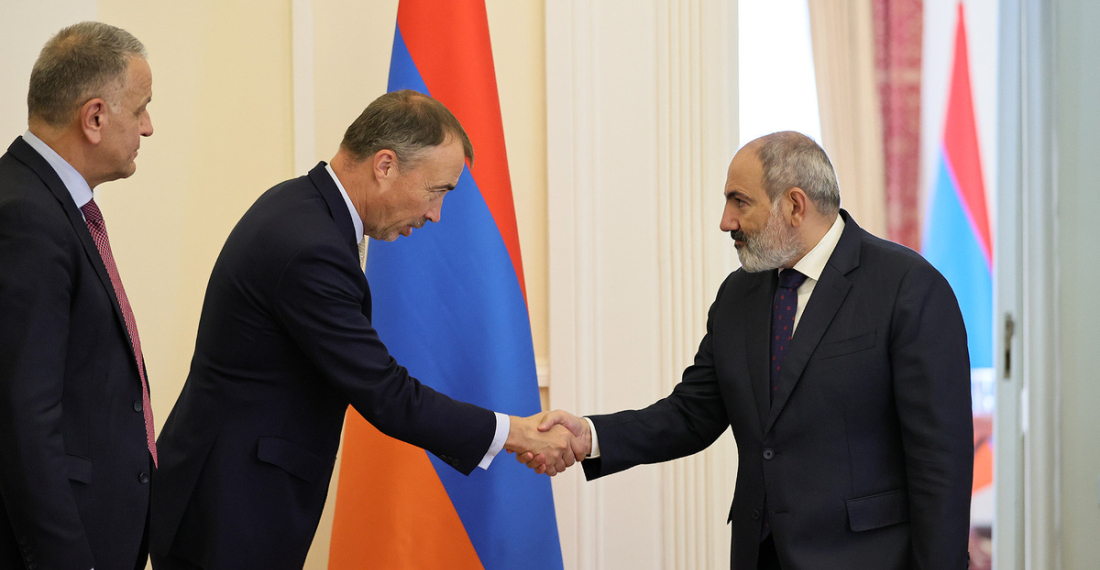EU Special Representative for the South Caucasus, Toivo Klaar, travelled to the South Caucasus for urgent consultations with the leaderships of Armenia and Azerbaijan after an eventful week which saw a short Azerbaijani military operation in Nagorno-Karabakh leading to the emergence of a completely new situation on the ground.
On Friday, 22 September, Klaar met in Yerevan with Armenian prime minister, Nikol Pashinyan, and a day later in Baku, with Azerbaijani president, Ilham Aliyev.
The diplomatic contacts come amidst some confusion in the European approach to the issue. An attempt to present a united front, by issuing a joint statement by the 27 member states in the context of a UN Security Council Meeting held on 21 September failed, exposing a long-standing and deep division in the approach of the member states. The EU appeared to be confused, in on the one hand wanting to appear as the honest broker in its role as one of the main mediators in ongoing talks between Armenia and Azerbaijan, whilst wanting to express concerns about the future of the Armenian population of Karabakh amidst fears of possible violence against the civilian population, and ethnic cleansing.
Since the moment of crisis in Karabakh itself now appears to have passed, and a new situation is emerging, it is likely that EU officials will want to concentrate once more in working with the sides towards an agreement on a "peace treaty". A meeting in Granada, Spain in the first week of October, is likely to provide an opportunity for the EU to get the sides back together.



